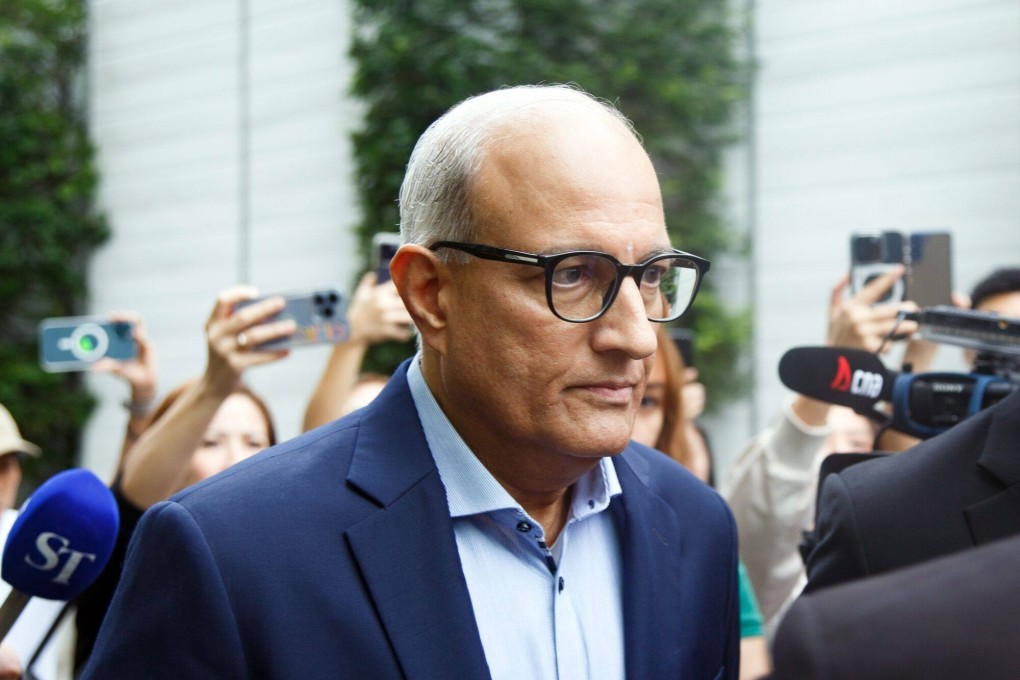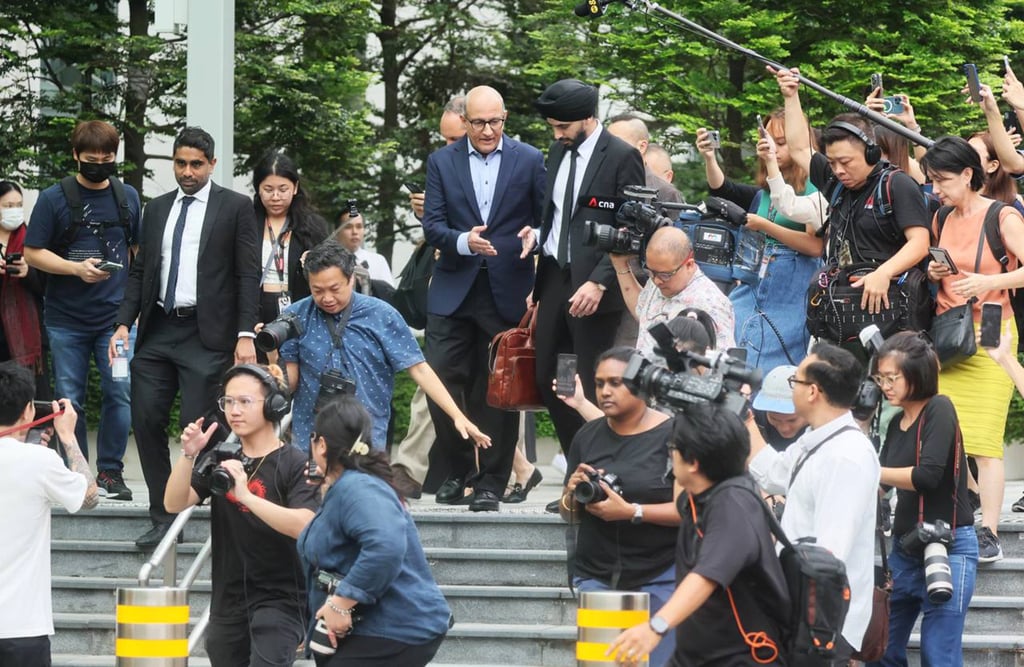Reflections | How Singapore transport minister’s corruption case has put focus on high pay of ministers and recalls imperial China, where paying officials to be honest failed
- The corruption charges against Singapore’s former transport minister S. Iswaran call into question how much high pay discourages officials from taking bribes
- A Qing dynasty emperor in China raised pay to counter civil servants’ venality, but it wasn’t enough – to end it, social intolerance of corruption is needed

After years of ranking among the least corrupt countries in the world, Singapore is having to come to terms with the recent corruption charges against its former transport minister S. Iswaran.
While the combined monetary value of the favours he allegedly received (US$298,000) has been derided elsewhere as “pocket change” by regional standards, the case has once again put in glaring focus the issue of ministerial salaries in the city state.
Singapore’s political office holders are among the highest paid in the world. Why shouldn’t the salaries of the prime minister or cabinet ministers be on par with that of the chief executive officer or chief operating officer of a major corporation, the pragmatist argues, when running a country is so much more consequential than managing a company, with so much more at stake than mere profits for shareholders?
More importantly, high salaries help temper the urge to accept or demand bribes.

The counter to this argument invokes the altruism and personal sacrifice that many feel ought to be an intrinsic part of public service. Dangling an enormous remuneration package will attract the wrong kind of people into government, the idealist avers.

